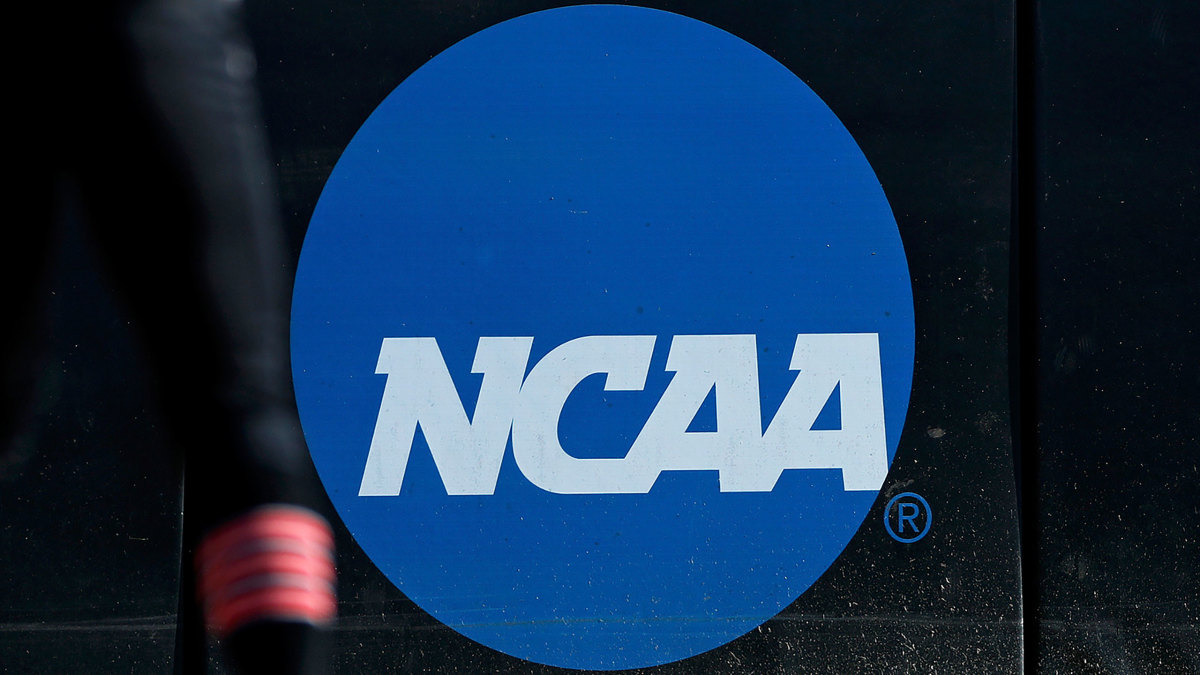Here is the NCAA definition of a “booster”, which seems pretty broad. Laundering money through a third party or non-booster family member seems easy enough. The NCAA is planning to enforce rules going forward - interesting concept. Maybe just for the “little people”.
“Boosters play a role in providing student-athletes with a positive experience through their enthusiastic efforts. They can support teams and athletics departments through donations of time and financial resources which help student-athletes succeed on and off the playing field.
Boosters, referred to by the NCAA as “representatives of the institution’s athletic interests,” include anyone who has:
- Provided a donation in order to obtain season tickets for any sport at the university.
- Participated in or has been a member of an organization promoting the university’s athletics programs.
- Made financial contributions to the athletic department or to a university booster organization.
- Arranged for or provided employment for enrolled student-athletes.
- Assisted or has been requested by university staff to assist in the recruitment of prospective student-athletes.
- Assisted in providing benefits to enrolled student athletes or their families.
- Been involved otherwise in promoting university athletics.
Once an individual is identified as a “representative of the institution’s athletics interests,” the person retains that identity forever.
Only institutional staff members are permitted to recruit prospective student-athletes. Generally, NCAA rules prohibit anyone else from contacting (calling, writing or in-person contact) prospects or the prospect’s relatives or guardian for recruiting purposes.
Students are still considered prospects even if they have signed a National Letter of Intent or any other financial aid agreement with a university.
Boosters are not precluded from continuing established friendships with families who have prospective student-athletes. However, boosters may not encourage a prospect’s participation in university athletics or provide benefits to prospects that were not previously provided.
If a violation occurs, it may jeopardize a student-athlete’s eligibility for intercollegiate competition, jeopardize a school’s membership status with the NCAA or cause a booster to lose access to all booster benefits.”


